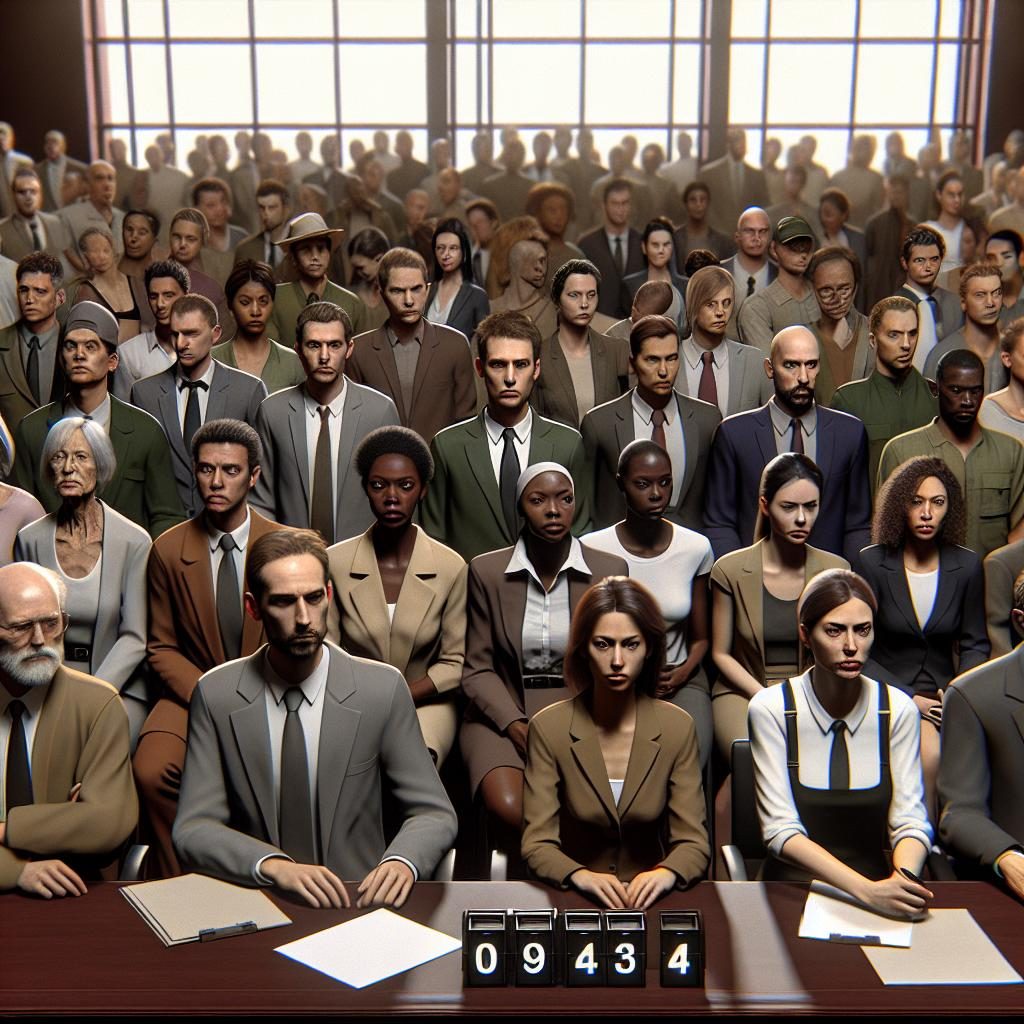Controversial Execution Date Set in South Carolina
Columbia, S.C. – An intense aura of anticipation hangs over South Carolina as the countdown begins towards the state’s first execution in 13 years, scheduled for September 20. This upcoming event centers on Freddie Eugene Owens, a man who has been on death row since his sentencing in 1999 for the murder of a store clerk during an armed robbery in Greenville back in 1997.
A Complex Decision
The situation has drawn significant public interest, not just for the historical nature of the execution but also for the details surrounding it. Owens was faced with a stark choice of execution methods: lethal injection, firing squad, or the electric chair. In a deeply personal move influenced by his faith, he chose to leave this morbid decision to his attorney, Emily Paavlova. He expressed that selecting his method of execution would feel like he was taking an active role in his own death, which goes against his Muslim beliefs regarding suicide.
Legal Proceedings and Requests
As the clock ticks down, Owens and his legal team have been embroiled in a battle regarding the state’s lethal injection protocol. They sought further information pertaining to the drugs that would be used, arguing that the details provided by the South Carolina Department of Corrections were insufficient. Specifically, they requested the lab reports on the drugs, the expiration dates, and the storage conditions meant to assure the quality and reliability of the lethal injection drugs.
However, the South Carolina Supreme Court denied this request. They supported the idea that the information already provided was adequate for Owens to make an informed decision about his method of execution. According to the court, rigorous testing had been conducted by the South Carolina Law Enforcement Division’s Forensic Services Laboratory, ensuring the drugs met acceptable safety protocols.
Concerns About the Execution Method
Despite the court’s affirmation, Paavlova remains concerned. After the denial, she expressed doubts about whether the information given by the prison officials sufficed to guarantee that the drugs would lead to a painless execution, suggesting the potential for “unbearable pain or agony” that could violate the Eighth Amendment’s prohibition against cruel and unusual punishment. In her words, she emphasized how well she knows her client, saying, “I have known Mr. Owens for 15 years. Under the circumstances, and in light of the information currently available to me, I made the best decision I felt I could make on his behalf.”
The Broader Implications
This scenario signifies more than just one man’s fate; it has sparked discussions about the morality and ethics of capital punishment in the state. The last execution in South Carolina was held more than a decade ago, and now this upcoming event has reignited debates about the death penalty’s place in modern justice.
Moreover, the choice of execution method has been a contentious topic across the nation. With increasing calls for transparency regarding the drugs used in lethal injections, state governments are pressed to face the overwhelming concerns tied to human rights and justice outcomes.
Looking Ahead
As South Carolina gears up for September 20, many are watching closely. Will the state’s efforts hold true to the assurances made about the execution protocols? And what broader ramifications await once the gavel strikes on the execution of Freddie Eugene Owens?
The tension continues to build in Columbia as the community prepares for what could become a landmark event in the state’s turbulent relationship with capital punishment.







